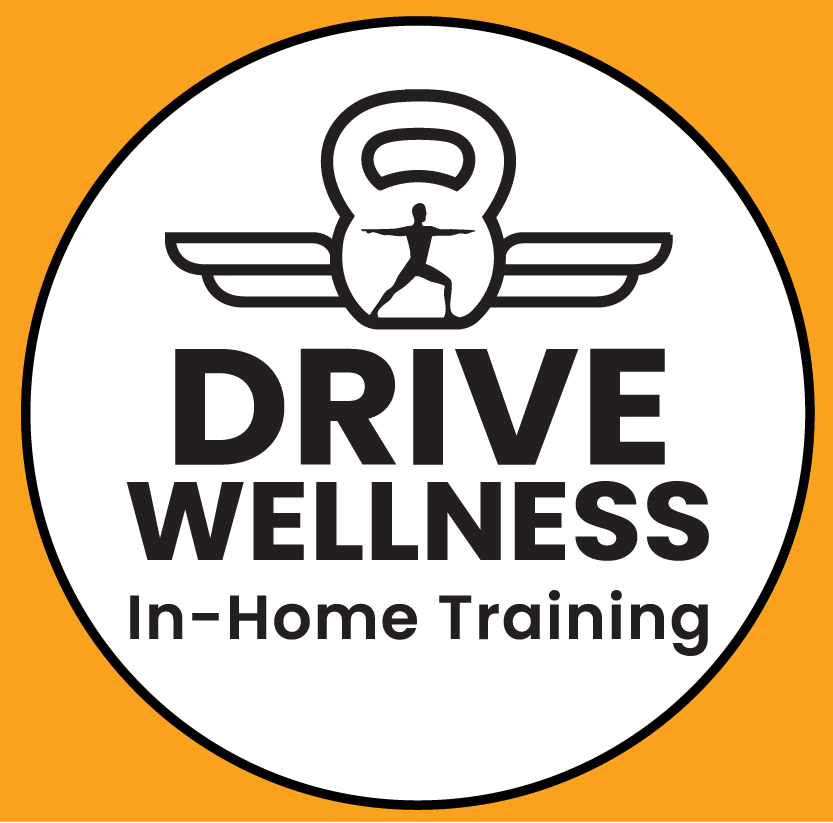Rest Is Not a Reward.
How Recovery Fuels Real Progress in Fitness & Wellness
When we think about getting stronger, faster or fitter, we often picture the workouts—the sweat, the struggle, the grind. But what if the real gains happen after you train?
Recovery is where your body adapts, your muscles rebuild and your nervous system recalibrates. It’s where progress actually takes root. If you’re skipping rest days, sleeping poorly or pushing through burnout, you’re not training harder—you’re just falling behind.
Let’s break down why recovery deserves more respect in any fitness program—and how to make it work for you.
What Actually Happens During Recovery
Training creates a stimulus. It tears muscle fibers, stresses your cardiovascular system, and triggers hormonal shifts. That’s not the benefit—it’s the trigger. The benefit comes later.
- Muscle fibers rebuild stronger during recovery.
- Bone and connective tissues adapt to support new loads.
- Your nervous system recalibrates to handle future demands.
- Hormones rebalance, especially cortisol and growth hormone.
Without recovery, your body never gets to complete this adaptation cycle. Over time, that means stalled progress—or worse, injury and burnout.
Signs You’re Not Recovering Enough
You don’t need to be a data nerd to spot the red flags. Here are some signs your recovery might be underpowered:
- Fatigue that lingers beyond 24–48 hours post-workout
- Irritability or mood swings
- Poor sleep despite feeling “tired”
- Decreased performance or motivation
- Aches that don’t resolve with movement
Listening to your body isn’t just for beginners—it’s a hallmark of experienced athletes and thoughtful professionals.
The Types of Recovery That Matter
Recovery isn’t just about taking a day off or soaking in a tub. It’s a comprehensive system that includes:
Active recovery: Low-intensity movement like walking, swimming, or mobility work to increase circulation and reduce soreness.
Sleep: Still the most powerful recovery tool, sleep regulates hormones, aids tissue repair, and consolidates learning from your workouts.
Nutrition: Protein synthesis, glycogen replacement, and hydration all play key roles in repair. Undereating (especially protein) slows everything down.
Mental recovery: Stress is cumulative. Non-physical stress (work, family, life chaos) still taxes your body’s systems. Mental decompression matters.
Deloads: Periodic reductions in intensity or volume allow long-term gains without constant overreaching.
Resting Without Guilt
Here’s the cultural problem — too many people still see rest as a reward for effort, not a foundational part of training.
That mindset leads to:
- Overtraining out of fear of “slipping”
- Comparing your recovery day to someone else’s PR day
- Believing more is always better
The truth? Strategic rest is a discipline—and one of the smartest training tools you have.
Best Practices for Building Recovery Into Your Routine
Whether you’re coaching others or optimizing your own wellness plan, recovery should be programmed on purpose.
Here’s how to do it:
- Plan rest days as part of the cycle, not as an afterthought.
- Think beyond reps and weight and take note of how you felt the next day.
- Track sleep and HRV if you’re into wearables. If not, use a simple 1–10 fatigue scale.
- Reframe rest as growth, not retreat.
- Promote rituals that support rest: bedtime routines, deep breathing, active cool-downs.
Final Thought: Recovery Is a Skill
You don’t have to earn your rest—it’s baked into the biology of how we get stronger. Smart training is incomplete without smart recovery.
Whether you’re a personal trainer programming progressive overload or someone managing your own wellness plan, building in recovery isn’t optional. It’s essential.
Subscribe to Our Newsletter
Get the latest news, articles and resources from DRIVE Wellness, sent directly to your inbox.
By signing up, you agree to our Terms and Conditions.
DRIVE the Movement
Read other blogs to help you along your wellness journey!
.jpg)



